
The assistant professor of neurology at the Keck School of Medicine at University of Southern California shared her insight into the study data and the therapy’s potential advantages for patients with Parkinson disease.

The assistant professor of neurology at the Keck School of Medicine at University of Southern California shared her insight into the study data and the therapy’s potential advantages for patients with Parkinson disease.
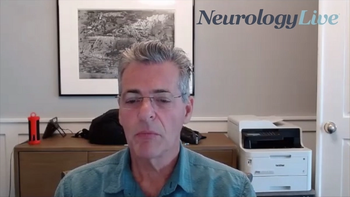
The Ralph and Luci Schey Chair and Director of the Schey Center for Cognitive Neuroimaging at Cleveland Clinic discussed populations that exhibit greater practice effects than others.

The director of the Center for Neurological Restoration at Cleveland Clinic discussed why gaps remain in screening for patients with Parkinson disease who may be eligible for device-aided therapies.

Lawrence Severt, MD, PhD, discussed the results from the phase 3 ADVANCE trial of atogepant, and its effect on a number of patient-reported outcomes.
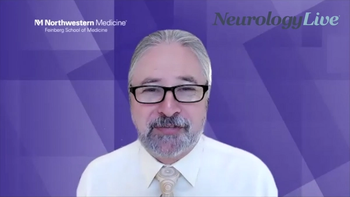
The vice chair for research at the Northwestern University Feinberg School of Medicine discussed creating a mobile cognitive toolbox to be used by all populations.
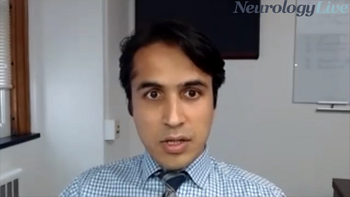
The neurologist from Cleveland Clinic stressed the potential for responsive neurostimulation in older populations with epilepsy and the need for expanded research.

Neal Parikh, MD, discussed the inconsistencies with access to treatment regimens aimed at improving smoking cessation in post-stroke patients.

The director of the sleep disorders center at Cleveland Clinic discussed the data on lower sodium oxybate presented at AAN 2021.

The director at AbbVie discussed the timeline for when a regulatory decision may come for migraine treatment atogepant, and whether additional trials are necessary.

Clive Ballard, MD, the executive dean at the University of Exeter Medical School, discussed the safety and efficacy profile of pimavanserin (Nuplazid; Acadia Pharmaceuticals).
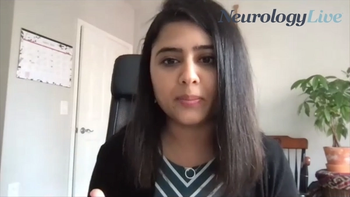
The vascular neurology fellow at the University of Maryland Medical Center discussed her study’s findings as well as further research she would like to conduct.

The clinical research director at the UCSF Multiple Sclerosis Center shared some of the takeaways from his research for the clinical community of specialists treating patients with NMOSD.

The associate professor of Neurology at the Cleveland Clinic Lerner College of Medicine of Case Western Reserve University discussed the potential of a data-driven approach to classifying patients with MS.

The chief of neurology at Ascension Saint Agnes discussed the interventions her team implemented to improve patient-specific stroke discharge instructions.
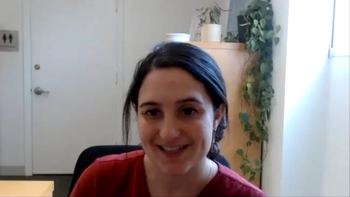
The staff neurologist at the Mellen Center for Multiple Sclerosis Treatment and Research at Cleveland Clinic discussed how novel dexterity measurements can improve prognostication of disease progression.

The Vice-Chair for Research at the Cleveland Clinic Neurological Institute discussed his team’s efforts to find the minimally effective dose of IMU-838.

The Ralph and Luci Schey Chair and Director of the Schey Center for Cognitive Neuroimaging at Cleveland Clinic discussed his team’s investigations presented at the 2021 AAN Annual Meeting.
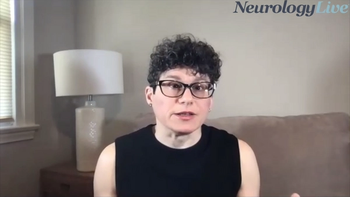
The associate professor and director of the Headache Medicine Fellowship Program at Thomas Jefferson University detailed the ways clinicians can tailor their treatment regimens better.

The vice chair for research at the Northwestern University Feinberg School of Medicine discussed the Mobile Toolbox Battery that his team developed.
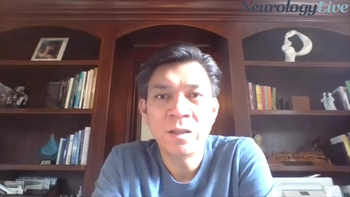
The director of the Center for Neurological Restoration at Cleveland Clinic spoke to how identifying care gaps in Parkinson disease patients is not a niche issue, but part of a bigger problem.

Jeffrey Guptill, MD, MS, MHS, associate professor of neurology at neurologist at Duke University, detailed early positive results for nipocalimab in myasthenia gravis and the urgency to provide more treatment options for patients.

The neurologist at University of Utah discussed the potential of using teleneurology to diagnose neurological conditions.

The associate professor of Neurology at the Cleveland Clinic Lerner College of Medicine of Case Western Reserve University discussed the findings of his presentation at AAN 2021.

The neurologist from Cleveland Clinic discussed his study presented at AAN 2021 involving the use of responsive neurostimulation in older adults with drug-resistant focal epilepsy and further expanding research in this space.
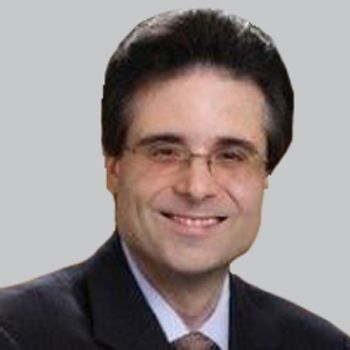
Kim Bishop, PhD, and Arnold Gammaitoni, PharmD, discussed the ways fenfluramine impacts not only seizure frequency, but executive function in individuals with Lennox-Gastaut syndrome.
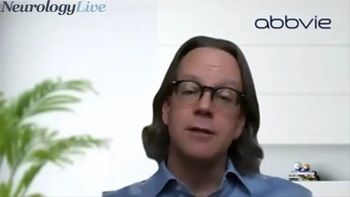
The director at AbbVie highlighted where atogepant stands among the increasing treatment landscape of anti-calcitonin gene-related peptide options within the migraine treatment landscape.

The staff neurologist at the Mellen Center for Multiple Sclerosis Treatment and Research at Cleveland Clinic spoke to a study using the digital Manual Dexterity Test.

A survey of more than 500 individuals also found that dyskinesia impacted social interactions and reported that OFF time was isolating.

The director of the sleep disorders center at Cleveland Clinic discussed her investigations into low-sodium oxybate presented at AAN 2021.
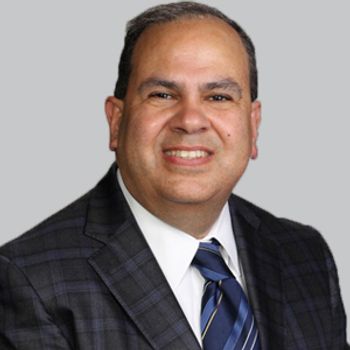
The professor of neurology at Mayo Clinic discussed the effects social determinants of health can have on epilepsy treatment outcomes and where research needs to turn to next.